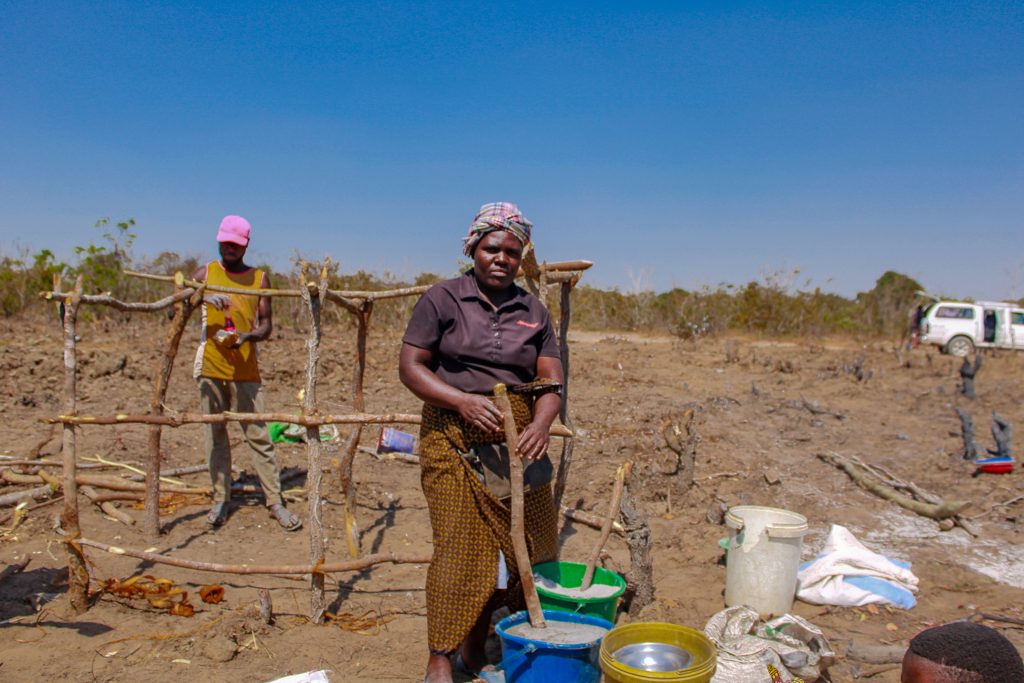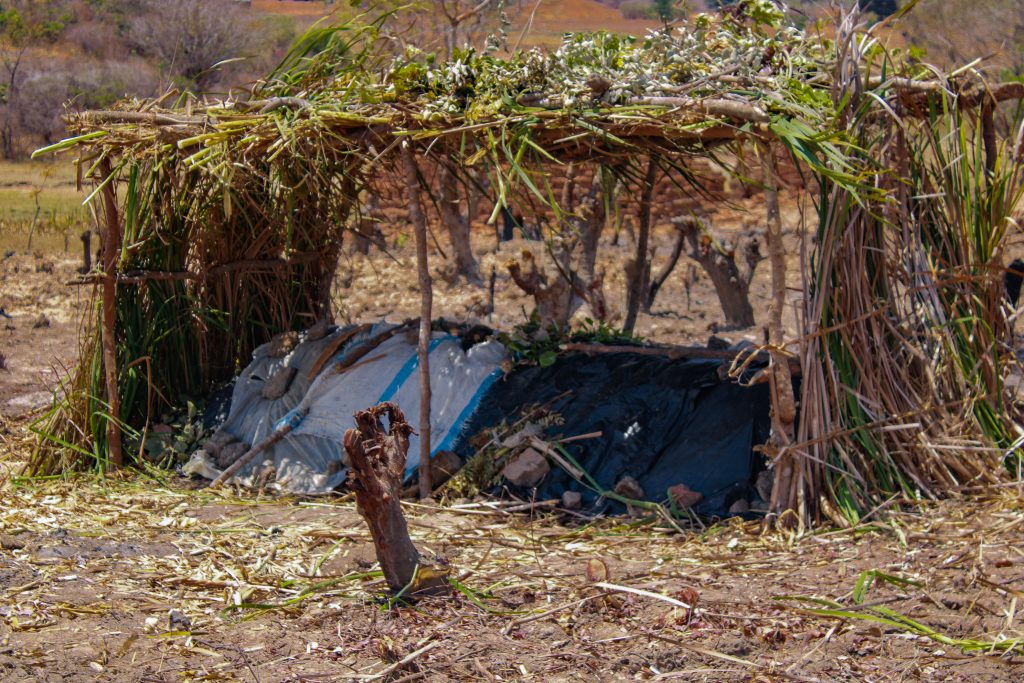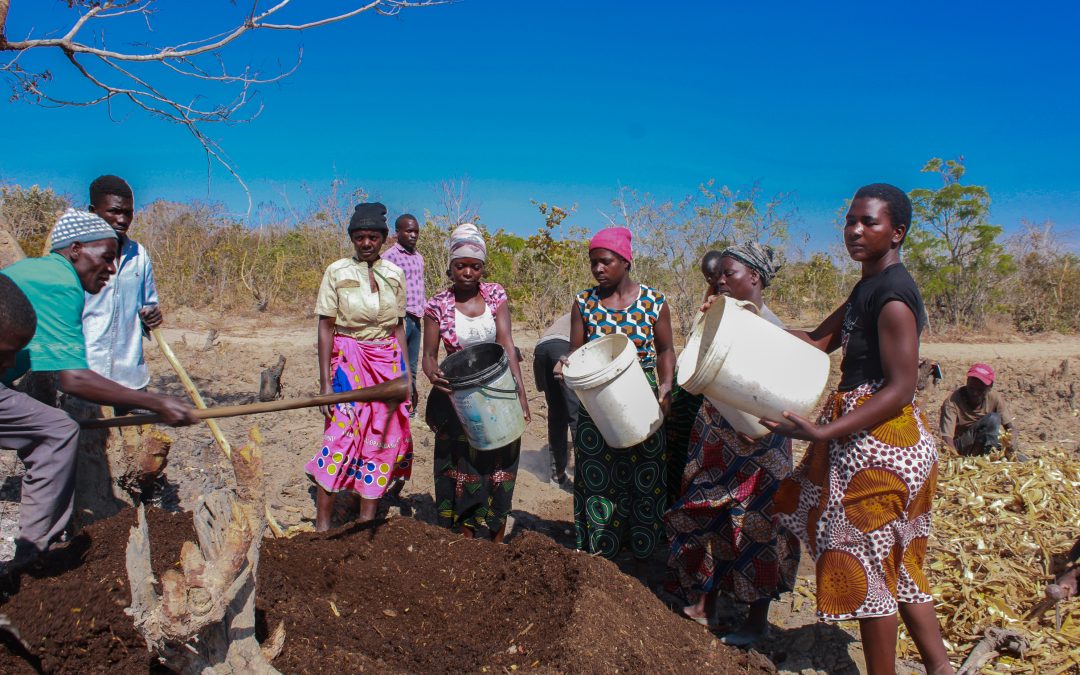At Mtende Community in Mzimba, farmers are embracing a more sustainable way of farming through a recent two-day training on manure making conducted by Ungweru Organisation in collaboration with the Ministry of Agriculture. The training combined both theory and practice, helping participants understand how to produce organic manure using locally available materials such as crop waste, animal dung, ash, and soil.
According to Kelvin Zimba, Ungweru’s Projects Officer, the training aimed to strengthen farmers’ capacity to improve soil fertility while reducing dependence on costly chemical fertilizers.
“We organized this training to promote sustainable and climate-smart agricultural practices. The level of commitment shown by the participants was impressive. They were eager to learn and actively took part in the hands-on sessions, which shows their readiness to adopt these practices in their own farms,” said Mr. Zimba.

Among the participants was Maren Ngwira, a smallholder farmer who expressed gratitude for the knowledge gained.
“Ungweru has taught us how to make different types of manure using materials we already have at home. This will help us reduce our reliance on expensive chemical fertilizers and improve the fertility of our soils. I am confident that this will increase our crop yields and make farming easier for us,” shared Maren.

The training concluded with participants producing various types of manure, including liquid manure, bokashi, windrow, and Mbeya. By equipping farmers with practical skills in organic fertilizer production, the initiative is helping communities transition towards more resilient and environmentally friendly farming systems.

Through such interventions, Ungweru continues to empower local farmers with the knowledge and tools they need to build healthier soils, improve productivity, and contribute to climate-smart, sustainable agriculture in Mzimba and beyond.

